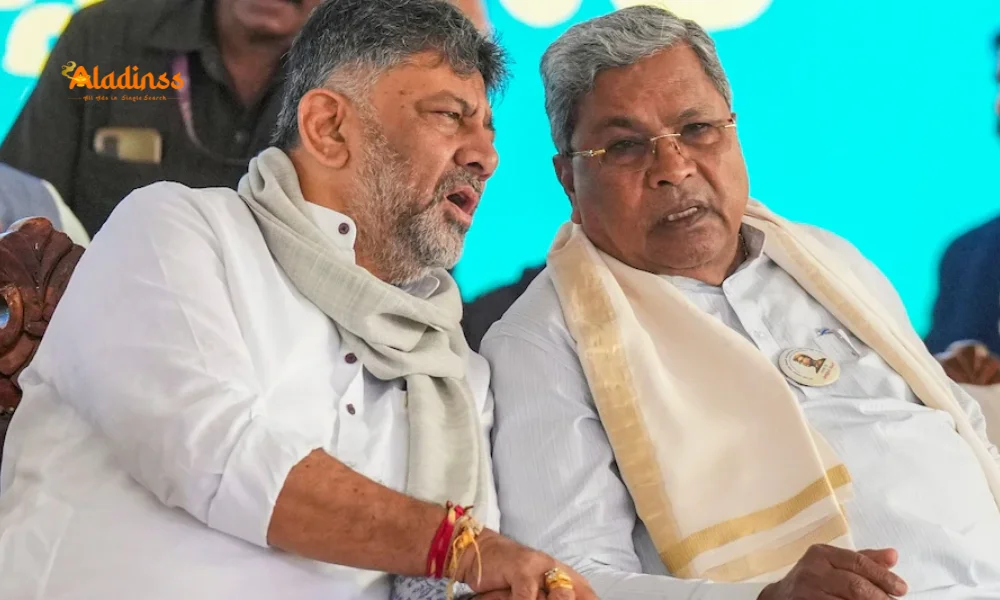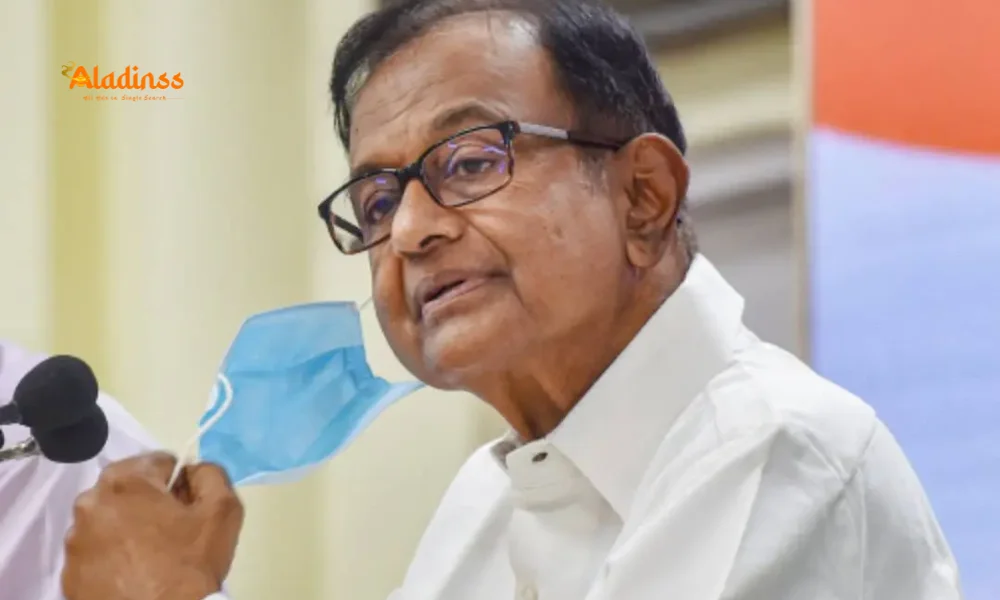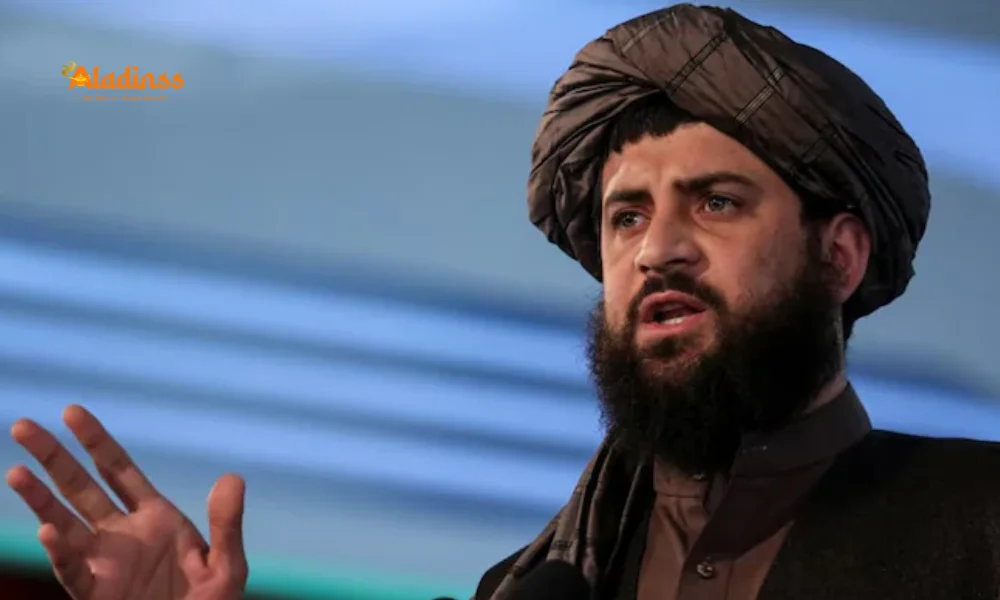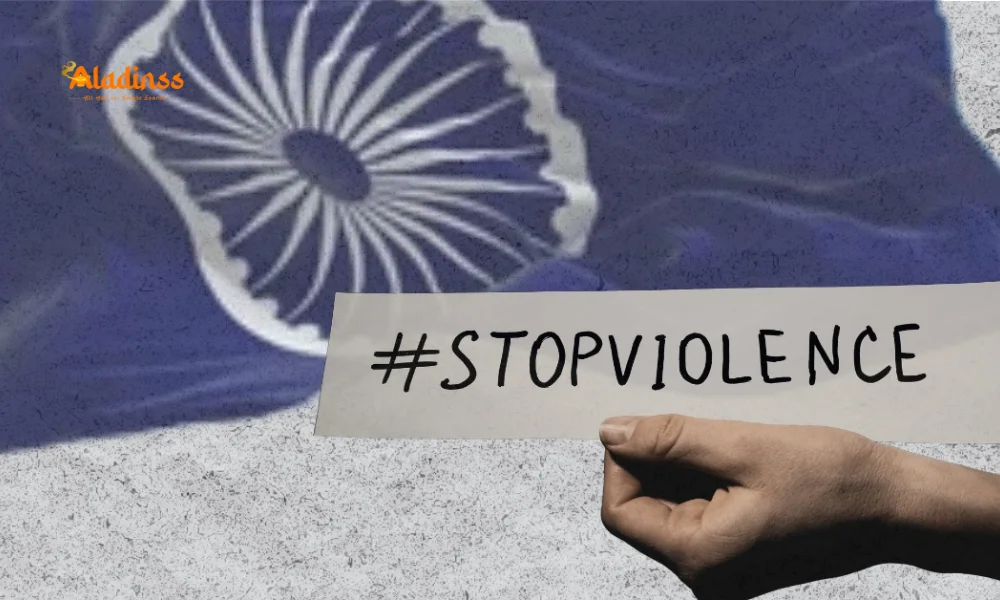Ex-DGP’s Son’s Sudden Death Sparks Outrage and Conspiracy Speculations
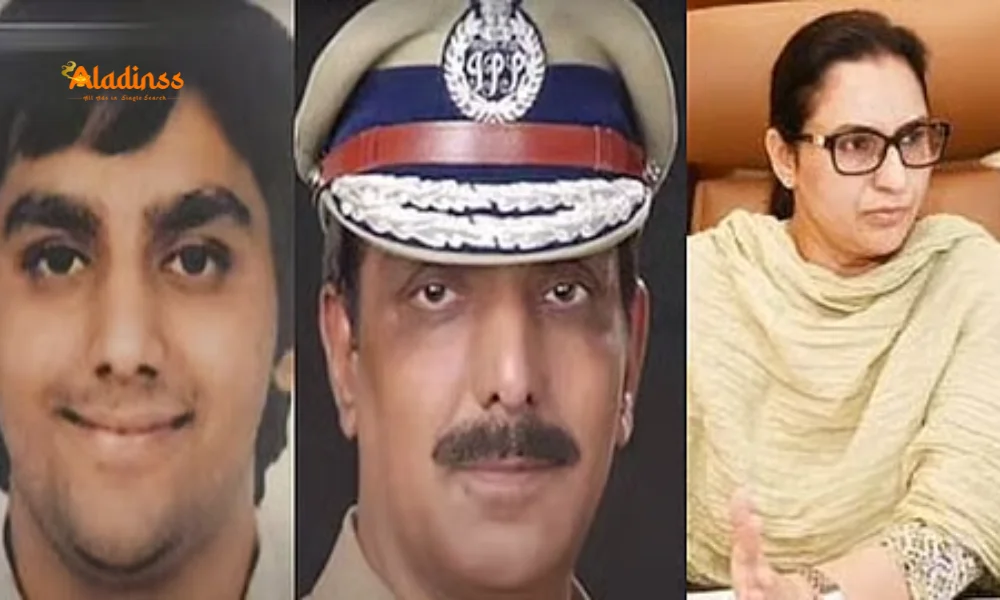
Ex-Punjab DGP, Wife Arrested After Son’s Death Sparks Conspiracy Claims
The death of Aqil Akhtar, son of former Punjab Director General of Police Mohammad Mustafa and former state minister Razia Sultana, has taken a shocking turn with allegations of a family conspiracy and an illicit affair. Aqil, a 35-year-old advocate, was found dead in his Panchkula residence on October 16, 2025, initially deemed a non-suspicious case. However, resurfaced social media posts and videos by Aqil, accusing his parents and sister of plotting to frame or kill him, led to the arrest of Mustafa and Sultana, unraveling a complex web of family disputes and political intrigue.
The case, which has gripped Punjab and Haryana, was reopened after Aqil’s chilling claims surfaced online, prompting the Panchkula police to file an FIR and investigate the circumstances surrounding his death. The allegations, including a supposed affair between Aqil’s father and wife, have raised questions about familial betrayal and potential foul play.
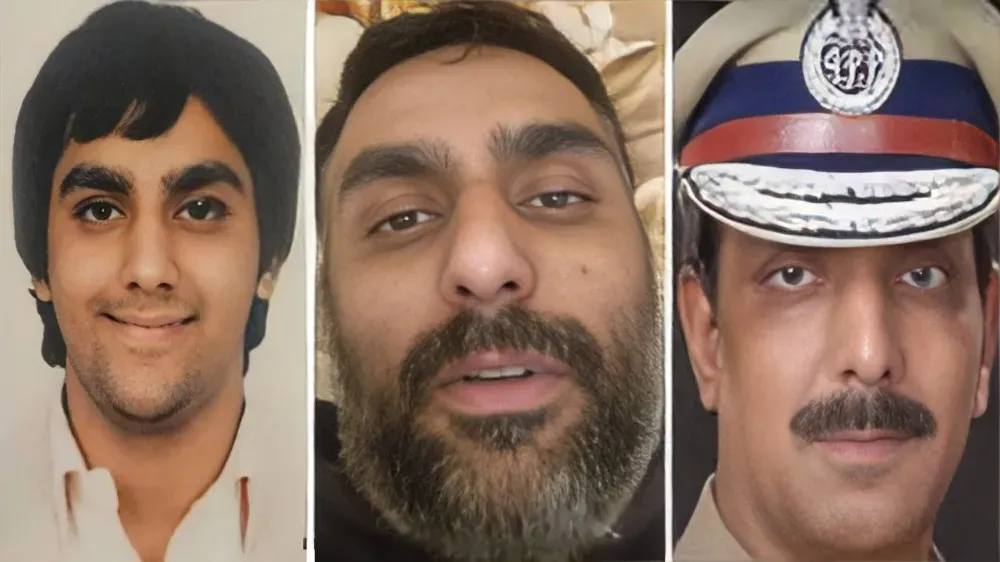
Aqil’s Chilling Allegations Against Family
In a series of videos and social media posts made before his death, Aqil Akhtar leveled grave accusations against his family, claiming they were conspiring to frame him in a false case or even orchestrate his death. “I feel they will frame me in a false case... Their plan is to have me falsely imprisoned or even killed, but they are unable to have their way,” Aqil stated in one video, pointing fingers at his father, Mohammad Mustafa, his mother, Razia Sultana, and his sister.
Aqil’s most shocking claim was that his father was engaged in an affair with his wife, causing him significant mental trauma. “I have discovered my wife’s affair with my dad,” he said, describing the emotional toll of the alleged betrayal. These allegations have fueled public speculation and intensified scrutiny on the high-profile family, given Mustafa’s status as a retired 1985-batch IPS officer and former Punjab DGP (Human Rights) and Sultana’s tenure as a Congress minister.
Claims of a Plot to Label Aqil Mentally Unstable
Aqil further alleged that his family was attempting to portray him as mentally unstable to discredit his accusations. He claimed they frequently labeled him as delusional or hallucinating, constructing a false narrative to undermine his credibility. “They are trying to establish a false narrative,” Aqil stated, suggesting that his family’s actions were part of a broader conspiracy to neutralize his claims.
In a contradictory video, Aqil appeared to retract his allegations, attributing them to mental illness. “I was suffering from schizophrenia. Thanks to Allah, my family members are the way they are. I was unwell, so I did not understand anything. I am better now. I want to say sorry,” he said. However, the video concluded with a cryptic remark: “Will they get me killed? They are all scoundrels,” casting doubt on the sincerity of his retraction and raising questions about coercion or distress.
Family’s Response and Political Allegations
The family has countered Aqil’s claims by asserting that he was battling mental health issues. Razia Sultana stated that Aqil was undergoing treatment for psychotic behavior, dismissing his accusations as the product of his condition. She accused certain individuals with “dirty political motives” of exploiting the family’s tragedy by filing false complaints, suggesting a political conspiracy aimed at tarnishing their reputation.
Mohammad Mustafa, responding to the FIR filed against him and his wife, welcomed the police investigation, emphasizing that the registration of an FIR is a procedural step and not an admission of guilt. “The truth will come out soon, and everything will become crystal clear,” he said, vowing not to succumb to “cheap politics.” The family’s statements indicate a defensive stance, framing the controversy as a politically motivated attack.
Police Investigation and Case Reopening
Initially, Aqil’s death on October 16 was not considered suspicious, and his body was released to the family after a post-mortem. However, the emergence of his social media posts and videos prompted the Panchkula police to reopen the case and register an FIR against Mustafa and Sultana. The investigation is now focused on verifying Aqil’s allegations, examining the circumstances of his death, and determining whether foul play was involved.
The police are analyzing the videos and posts, which have gone viral, to ascertain their authenticity and context. Forensic experts are also reviewing Aqil’s medical records to assess claims of mental instability, while investigators are exploring the family dynamics and potential motives behind the alleged conspiracy. The case has drawn significant public attention due to the high-profile status of the accused and the gravity of Aqil’s accusations.
Public and Political Ramifications
The case has sparked widespread debate in Punjab and Haryana, with social media platforms buzzing with speculation about the Punjab DGP son death. The involvement of a former DGP and a Congress minister has fueled political discourse, with some accusing rival factions of exploiting the tragedy to settle scores. The controversy has also raised questions about the intersection of personal disputes and public office, given the family’s prominent roles in Punjab’s political and administrative spheres.
Public sentiment is divided, with some expressing sympathy for Aqil and demanding a thorough investigation, while others question the credibility of his allegations due to his reported mental health struggles. The case has highlighted the challenges of addressing mental health issues within high-profile families, where personal disputes can quickly escalate into public controversies.
Mental Health and Family Dynamics
Aqil’s claims of mental trauma stemming from the alleged affair and family conspiracy have brought attention to the impact of familial disputes on mental health. His conflicting statements—accusing his family in one video and retracting those claims in another—suggest a complex emotional state, possibly exacerbated by stress or external pressures. Mental health experts have noted that such cases underscore the need for accessible support systems, particularly for individuals navigating personal and public challenges.
The family’s assertion that Aqil was psychotic raises questions about the stigma surrounding mental health in India. By framing his allegations as the product of mental illness, the family may be attempting to mitigate the legal and social fallout, but this approach has also drawn criticism for potentially dismissing genuine concerns. The investigation will need to carefully balance these claims with the evidence presented in Aqil’s videos.
Legal and Ethical Implications
The registration of an FIR against Mustafa and Sultana marks the beginning of a high-stakes legal process. The investigation will need to determine whether Aqil’s death was a result of foul play, suicide, or natural causes, and whether his allegations hold merit. The involvement of a former DGP and a minister adds a layer of complexity, as any findings could have significant implications for their reputations and political careers.
Ethically, the case raises questions about the responsibilities of public figures in managing personal disputes. The allegations of an affair and conspiracy, if substantiated, could erode public trust in the institutions represented by Mustafa and Sultana. Conversely, if the claims are proven false, the case highlights the dangers of misinformation and the exploitation of personal tragedies for political gain.
The Road Ahead: Seeking Justice and Clarity
As the investigation unfolds, the focus will be on uncovering the truth behind Aqil’s death and his allegations. The Panchkula police are under pressure to conduct a transparent and thorough probe, given the case’s high-profile nature. Forensic analysis, witness testimonies, and digital evidence will play a crucial role in determining the validity of Aqil’s claims and the circumstances surrounding his death.
For the family, the case represents a personal and public ordeal, with their reputations hanging in the balance. The broader implications for Punjab’s political landscape are significant, as the controversy could influence public perception of the Congress party and its leaders. The case also underscores the need for sensitivity in addressing mental health and family disputes, particularly in the public eye.
Comment / Reply From
No comments yet. Be the first to comment!
